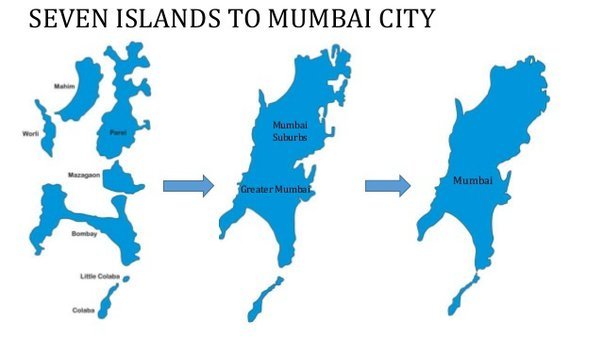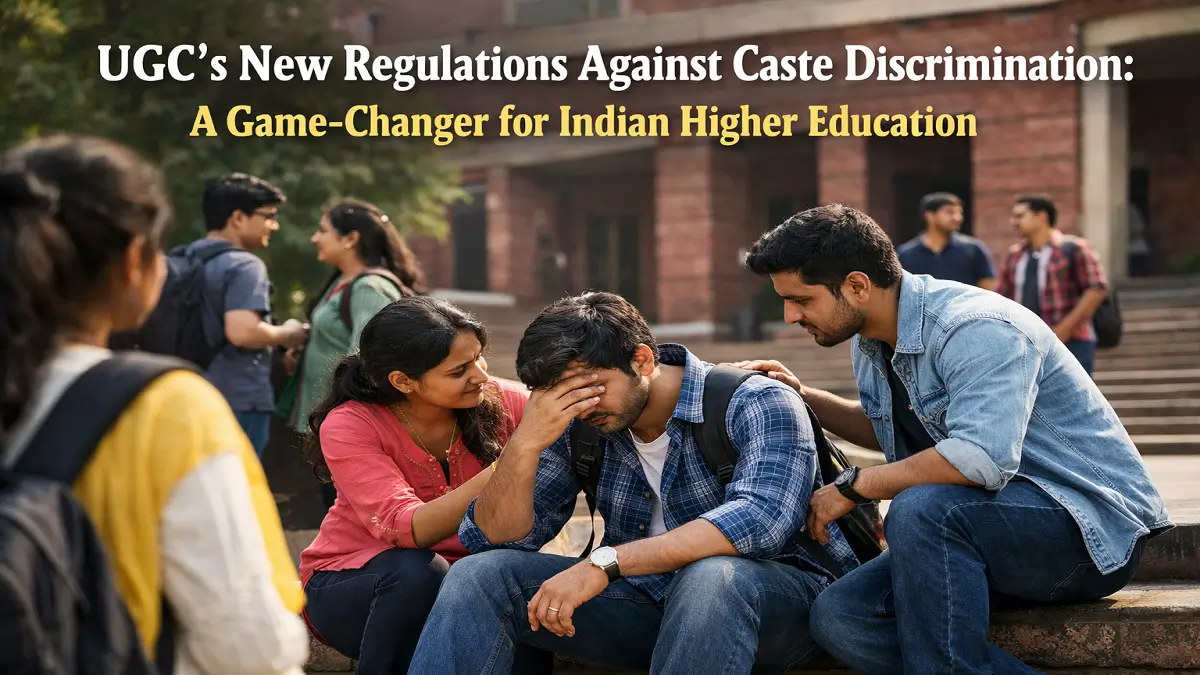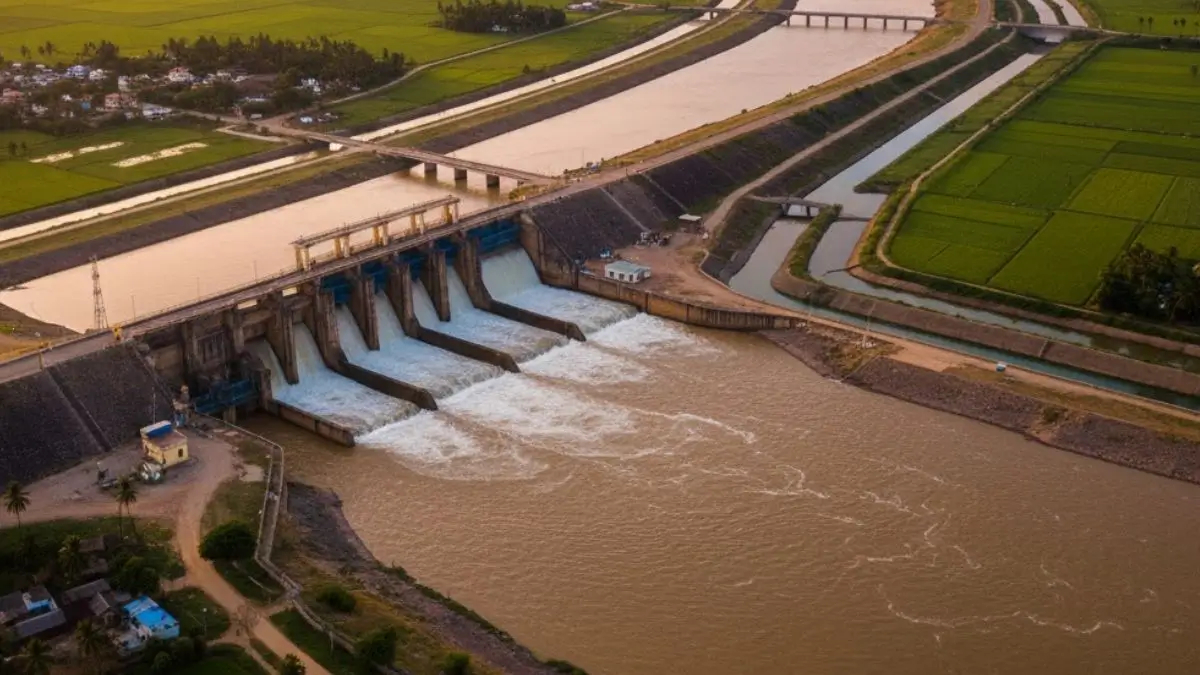City of Seven Islands: An Overview for Government Exam Aspirants
India, often referred to as a land of diverse cultures and landscapes, holds a rich historical tapestry that extends to its cities. One such city, often overshadowed by its more glamorous counterparts, is Mumbai, or as it’s fondly called, the “City of Seven Islands.” In this article, we will delve into the historical context, understand why this news is important, and provide you with five key takeaways related to this topic.

Why This News is Important:
1. The Transformation of Mumbai: Mumbai’s history as the “City of Seven Islands” sheds light on its transformation over the years. It is vital for aspirants preparing for government exams to understand the city’s historical roots, as it is a significant urban and economic hub, with potential questions related to its evolution and urbanization.
2. Cultural Significance: Mumbai’s diverse culture is a result of its historical journey, making it a melting pot of traditions. Aspirants aiming for civil services and other government positions need to comprehend this cultural amalgamation and its implications on governance and society.
Historical Context:
Mumbai, originally consisting of seven islands, was gradually reclaimed and merged over centuries. These islands were named Colaba, Old Woman’s Island (Little Colaba), Bombay, Mazagaon, Parel, Worli, and Mahim. The Portuguese, and later the British, played a crucial role in the city’s development and consolidation. Bombay was gifted to Charles II of England as part of the dowry for his marriage to Catherine of Braganza in 1661.
The city’s transformation began with the Hornby Vellard project in 1784, which aimed to connect the islands of Mahim and Worli. Later, the Back Bay Reclamation Project further expanded the city’s land area. This historical context explains how the city went from being a group of islands to a unified, bustling metropolis.
Key Takeaways from “City of Seven Islands” News:
| Serial Number | Key Takeaway |
|---|---|
| 1. | Mumbai was originally composed of seven islands: Colaba, Old Woman’s Island, Bombay, Mazagaon, Parel, Worli, and Mahim. |
| 2. | The city’s transformation into a single landmass was facilitated by reclamation projects under British colonial rule. |
| 3. | Mumbai’s history is a testament to its cultural diversity and rich heritage. |
| 4. | Aspirants should understand the socio-economic and urban development implications of Mumbai’s transformation. |
| 5. | Knowledge of Mumbai’s history is essential for various government exams, especially those related to urban governance and cultural diversity. |
Important FAQs for Students from this News
Q: What is the historical significance of Mumbai being called the “City of Seven Islands”?
A: Mumbai was originally composed of seven separate islands and underwent a significant transformation through reclamation projects over the years. This history reflects the city’s growth and development.
Q: How did the British colonial rule influence Mumbai’s consolidation as a single city?
A: The British initiated reclamation projects, such as the Hornby Vellard and Back Bay Reclamation, which connected the islands and expanded Mumbai’s land area, leading to its consolidation.
Q: Why is understanding the cultural diversity of Mumbai important for government exam aspirants?
A: Mumbai’s rich cultural diversity is reflective of India’s pluralistic society. Aspirants need to grasp this to address questions related to cultural understanding and governance.
Q: What are the socio-economic implications of Mumbai’s transformation into a single metropolis?
A: Mumbai’s evolution from separate islands into a unified city has profound implications for infrastructure, employment, and urban development, all of which are relevant for government exams.
Q: How can knowledge of Mumbai’s history benefit aspirants preparing for civil service and police officer exams?
A: Understanding Mumbai’s history provides insights into urban governance, historical contexts, and the impact of historical events on the present, all of which are pertinent to such exams.
Some Important Current Affairs Links

















